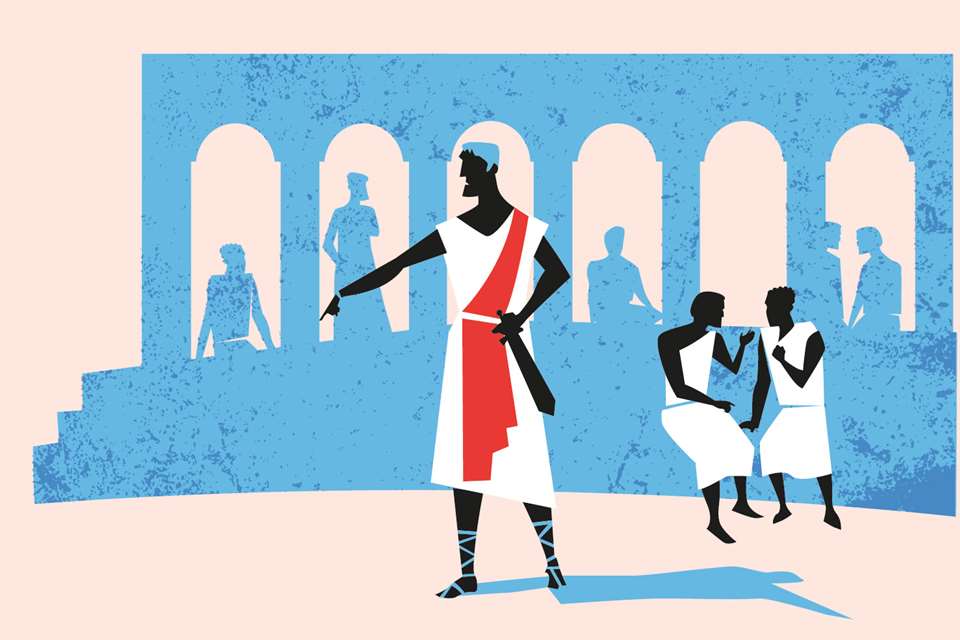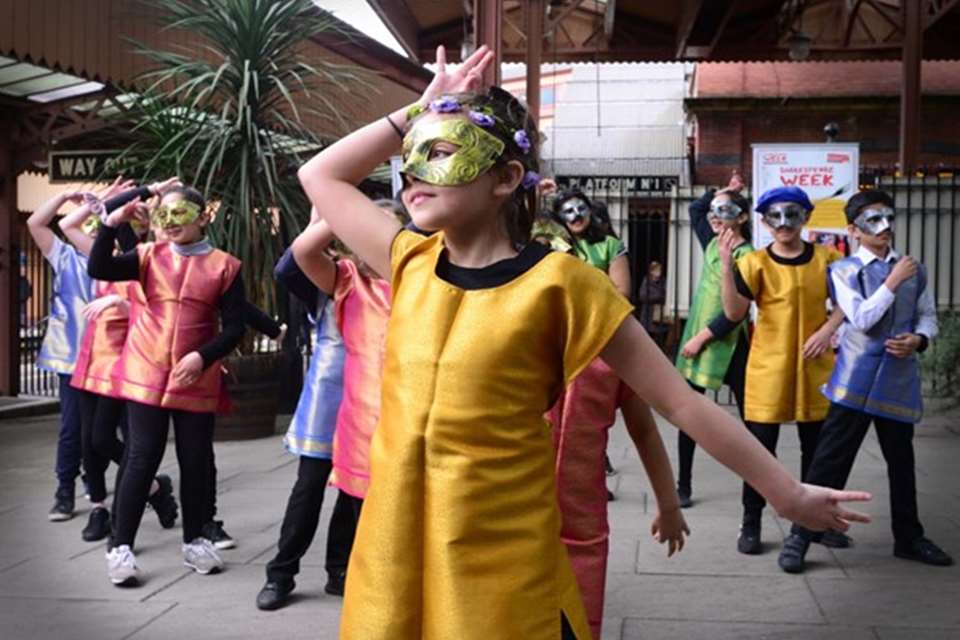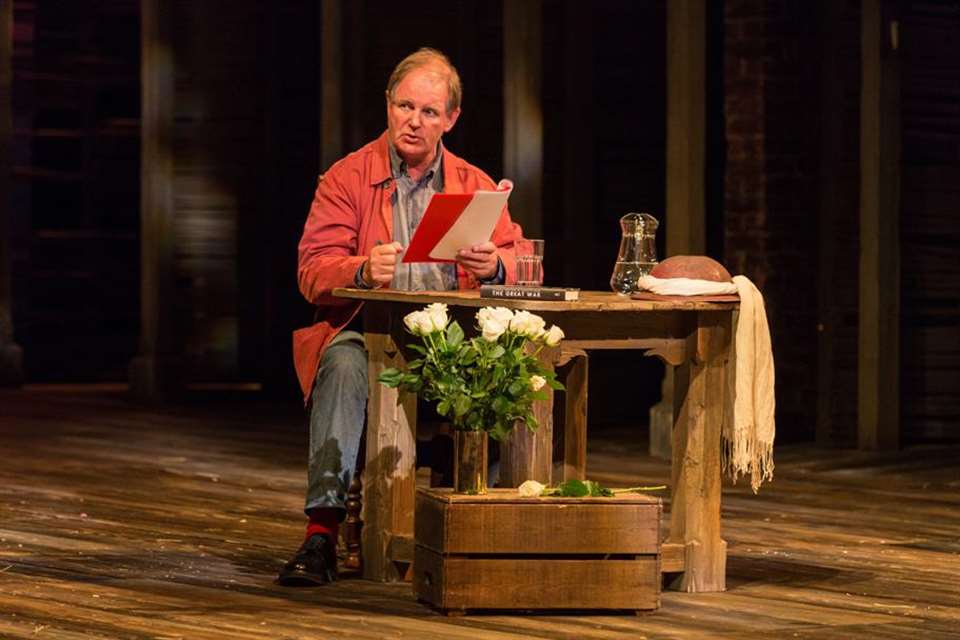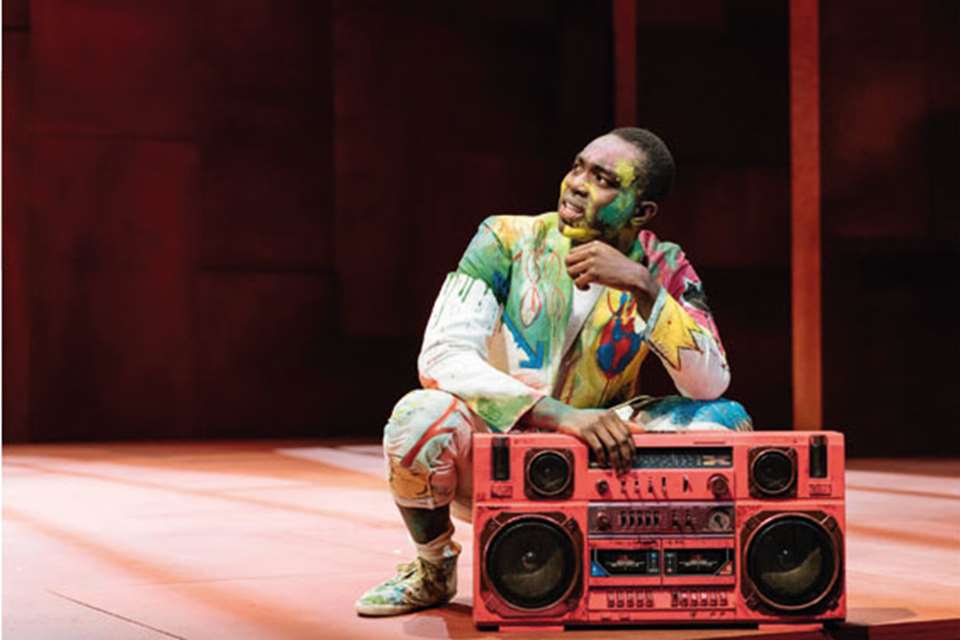Golden boy: Christopher Marlowe
Freddie Machin
Thursday, September 1, 2022
Golden age playwrights were ten a penny, so why do we only remember one? Freddie Machin looks into it
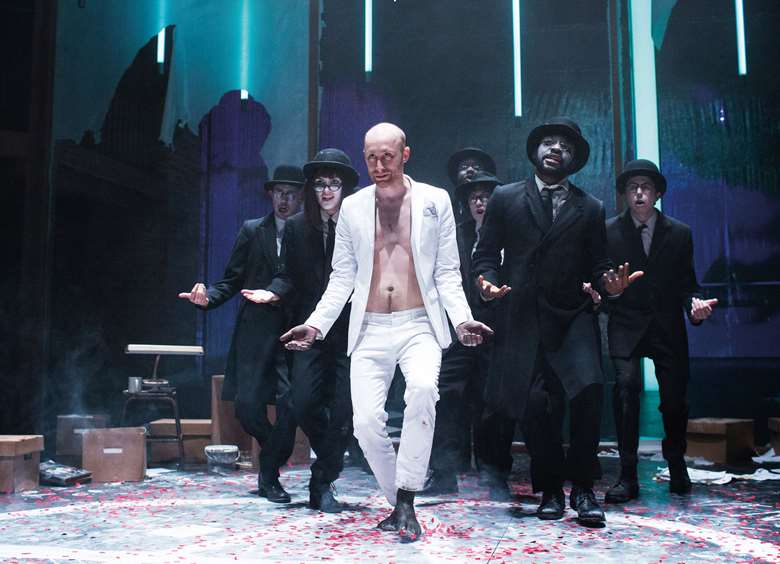
Helen Maybanks
William Shakespeare has been the only compulsory author on the national curriculum since its inception. But he was not the only playwright born in 1564 who moved to London from the provinces and took the Elizabethan stage by storm. The biography of Christopher Marlowe is strikingly similar to Shakespeare's, and his plays were just as highly regarded at the time – so why don't we study him?
A tribute
This summer all seven of the plays attributed to Marlowe plus his collection of poetry were performed within the grounds of the Canterbury school where Marlowe himself studied as a boy. An incredible, star-studded cast of actors – including Dominic West as Dr. Faustus – presented script in hand performances at the recently renovated Malthouse Theatre in the grounds of the King's School. Remarkably, this meant that the Marlowe Sessions were the first time that the poet's entire back catalogue could be seen on stage as it was originally intended.
But don't worry if you missed it, because the project reaches much further and wider than just the sell-out shows that took place this June. All of the performances were recorded using innovative audio technology, as well as captured on film, and will be released across a variety of platforms within the next twelve months, in a bid to celebrate Marlowe and safeguard his legacy for the next 400 years.
Further than the bard
The Elizabethan era that gave us Shakespeare is often described as a golden age. A time of relative peace and prosperity in which the arts flourished. But one swallow doesn't make a summer, and this project encourages audience members and students of the stage to look beyond the all-encompassing bard of Stratford-upon-Avon.
The audio and filmed recordings that have captured the likes of Adrian Schiller and Eleanor Wylde performing The Jew of Malta (regarded by many as the inspiration behind The Merchant of Venice) will coincide with a brand new, two-volume compendium of Marlowe's work soon to be published by Oxford University Press.
A personal quest
Ray Mia is the driving force behind the productions. Today he is a highly experienced producer working across film, television, and audio but his introduction to Elizabethan poetry was much like anyone else's.
On a scholarship to one of the top academic schools in the country, Mia was taught to question everything – everything except the bard. He was told, ‘like it or lump it, Shakespeare is the greatest English writer’; It was only when he saw a production of Doctor Faustus at the Royal Exchange Theatre in Manchester that Mia realised that there was more to life than Macbeth and Much Ado.
Marlowe's text sparked a sense of recognition in him, even as a boy, but also a sense that this was clearly not Shakespeare. In fact, it was defiantly different – more raw, more human, more of a challenge. For Mia the schoolboy, Marlowe came to represent the very idea of questioning the established order and challenging the status quo. Marlowe was different, provocative – radical even.
‘Selfish and unapologetic’ characters
Ironically, one of the most valuable things about studying Marlowe today is that he hasn't been read for so long. Shakespeare has been interpreted and analysed by every generation of reader – sandblasted, censored, and bowdlerised into submission. To the degree that not only are there multiple folio versions of his texts, but if you read the plays published only 50 years ago, they will undoubtedly read very differently to the most up to date versions.
For this reason, Marlowe takes us so much closer to the Elizabethan original. Plus, Mia says, his plays are more direct, less compromising. His characters don't have revelations or epiphanies in the way that Shakespeare's so often do. They are selfish and unapologetic. Take Tamburlaine the Great – a ruthless despot that shows no mercy or logic in the way he invades neighbouring countries. He is a force of absolute power who can only be defeated by an unknown virus from the East.
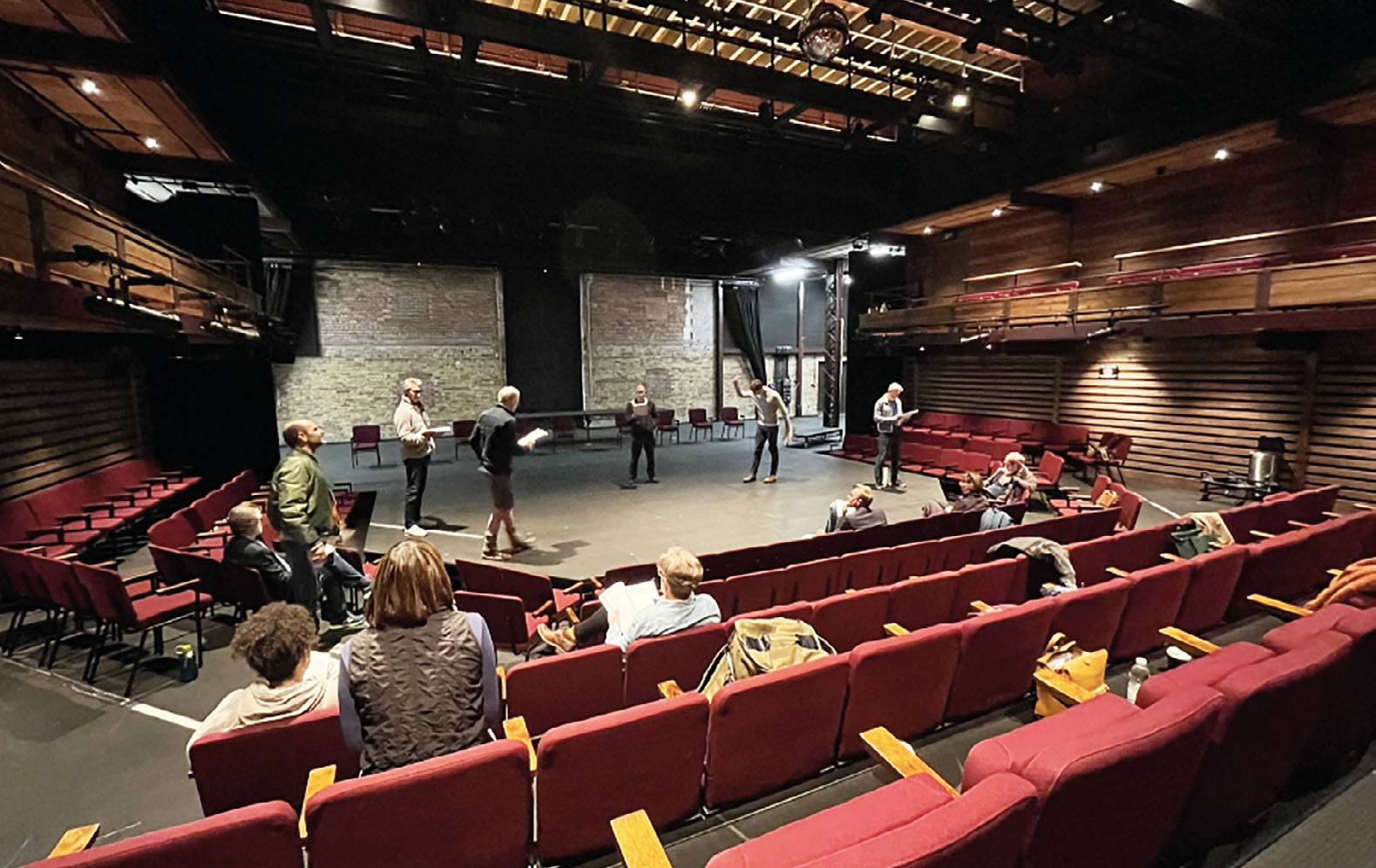 © Courtesy The Malthouse
© Courtesy The Malthouse
The Marlowe Sessions in rehearsal
This kind of story has obvious resonance to our lives today, and it's worth reminding ourselves that Shakespeare was not the only writer working with universal, timeless themes like these.
Changing the current focus
Where Shakespeare is subtle and ambiguous, Marlowe is deliberate. Take Edward II, a play about a gay monarch wrangling with notions of not only power, but also sexuality, gender and identity politics. Shakespeare's masterful sleight of hand means we can interpret his characters in many different ways, allowing him to squirm out of any accusation, Marlowe is different. He attributes characters with explicit characteristics and has them pursue their desires to the nth degree.
Beyond seeing a live production at Stratford, Mia recalls that the only way of hearing Shakespeare performed as a boy was a vinyl recording of Olivier's Hamlet. Mia is determined to change that for young people today, making a long overlooked Elizabethan poet accessible to everyone, and helping to renew interest in a forgotten master.
Read Not Dead
A project from Shakespeare's Globe which aims to perform readings of every ‘unknown’ play of the Elizabethan age. The website catalogues performances from pre-1642 and has an interactive map of performance spaces from the time.
http://www.shakespearesglobe.com/discover/read-not-dead/
The Marlowe Sessions
A full run-down of the readings that took place, and what is happening next with the project.


